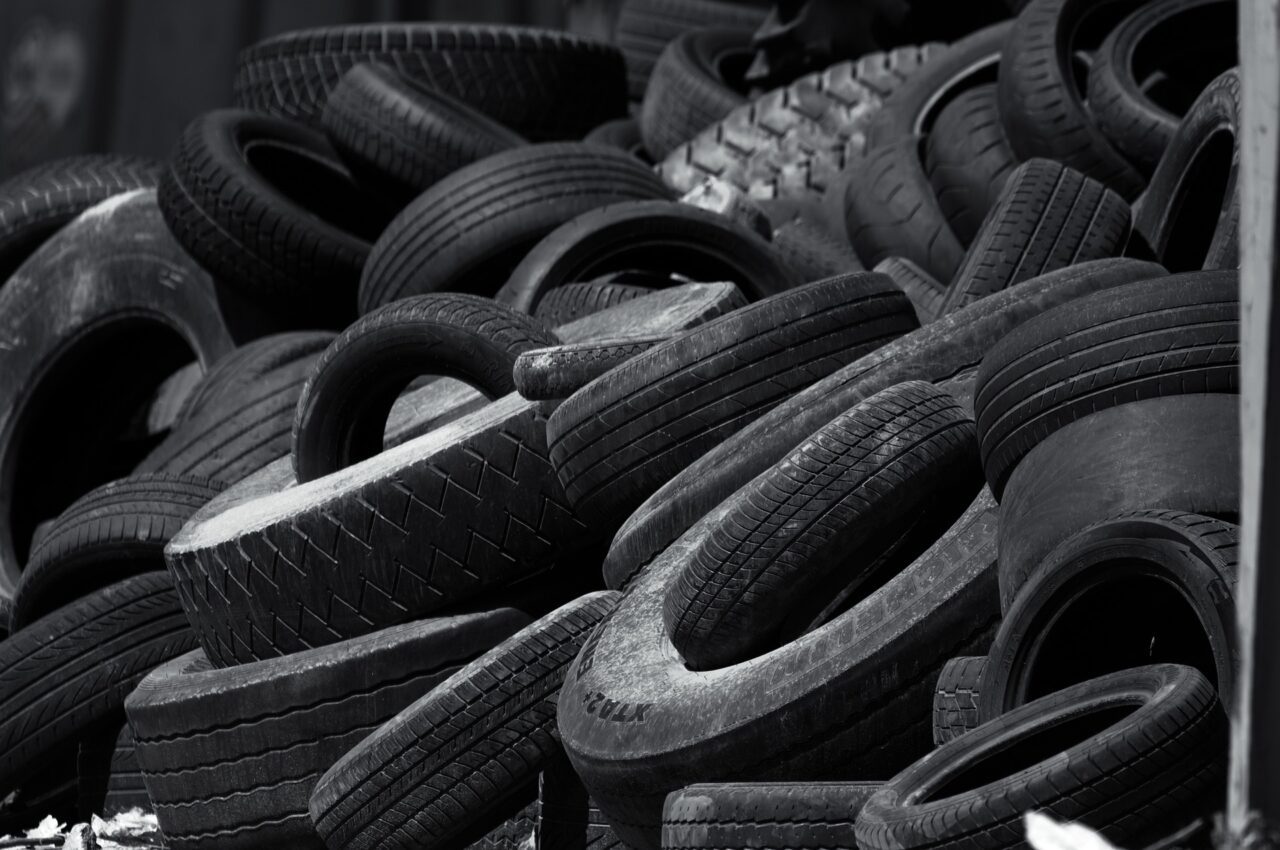Always put vehicle safety ahead of savings

Taxi drivers are being urged not to risk vehicle safety when it comes to car maintenance as we all continue to feel the pinch.
The call comes as the cost of living continues to rise and soaring fuel prices mean it costs more to keep taxis on the road.
The majority of taxi drivers run petrol and diesel vehicles and – unless they switch to an electric vehicle – there is no choice but to take a hit at the pumps. Like other motorists, it is understandable that they try to find savings elsewhere.
One of the best ways to do this is to shop around. Whether it is for private hire insurance or public hire insurance, drivers looking for cheap taxi insurance can often find help through brokers such as Paton, which can help them budget for their business.
While many will know roughly what the cost of servicing their taxi will be and are prepared for it when the time comes, unexpected costs or increases mean taxi drivers – like everyone else – often have to find other ways to save money.
Reducing or skipping vehicle maintenance and inspections is not an option because it is part of their local authority licence to ensure the vehicle is safe.
So while carrying out maintenance and repairs, drivers will understandably look for cheaper options.
They can go for generic parts instead of those made by the manufacturer of their vehicle, or they can look at the used and spares markets, especially for parts that are replaced regularly through natural wear and tear of a taxi.
But something a road safety charity is urging drivers not to scrimp on is tyres. No one wants to fork out hundreds of pounds to replace tyres on their cabs, especially as they know a puncture in the wrong place would mean having to replace it again – however few miles it had done – and it is natural that drivers might consider part-worn tyres instead.
The warning comes as IAM RoadSmart found that 63 per cent of part-worn tyres were unsafe to be reused and 93 per cent were ‘non-compliant’.
Neil Greig, director of policy and research at IAM RoadSmart, said: “In straitened times, it is little wonder so many drivers hesitate to purchase new tyres, which can cost up to £1,000 for four.
“However, the importance of purchasing high-quality tyres cannot be understated. Adequate tread depth is essential for safe driving on wet roads and facilitates effective acceleration, cornering and braking. Conversely, many part-worn tyres deliver longer stopping distances and reduced manoeuvrability, making them potential death traps.
“Therefore, we would urge hard-pressed drivers who are hesitating to purchase new tyres to ask themselves whether the additional cost of new tyres is worth putting yourself, as well as other road users, at risk.”
This is particularly important for taxi operators and other professionals who drive for a living.
Neil added: “Drivers should also consider the cost per millimetre of usable tyres, rather than merely the initial purchase price. New tyres are normally sold with around eight millimetres of tread depth, whereas part-worn tyres have as little as two millimetres of tread.”
https://www.taxi-point.co.uk/post/death-traps-cost-of-living-crisis-could-see-motorists-favour-cheaper-part-worn-tyres






